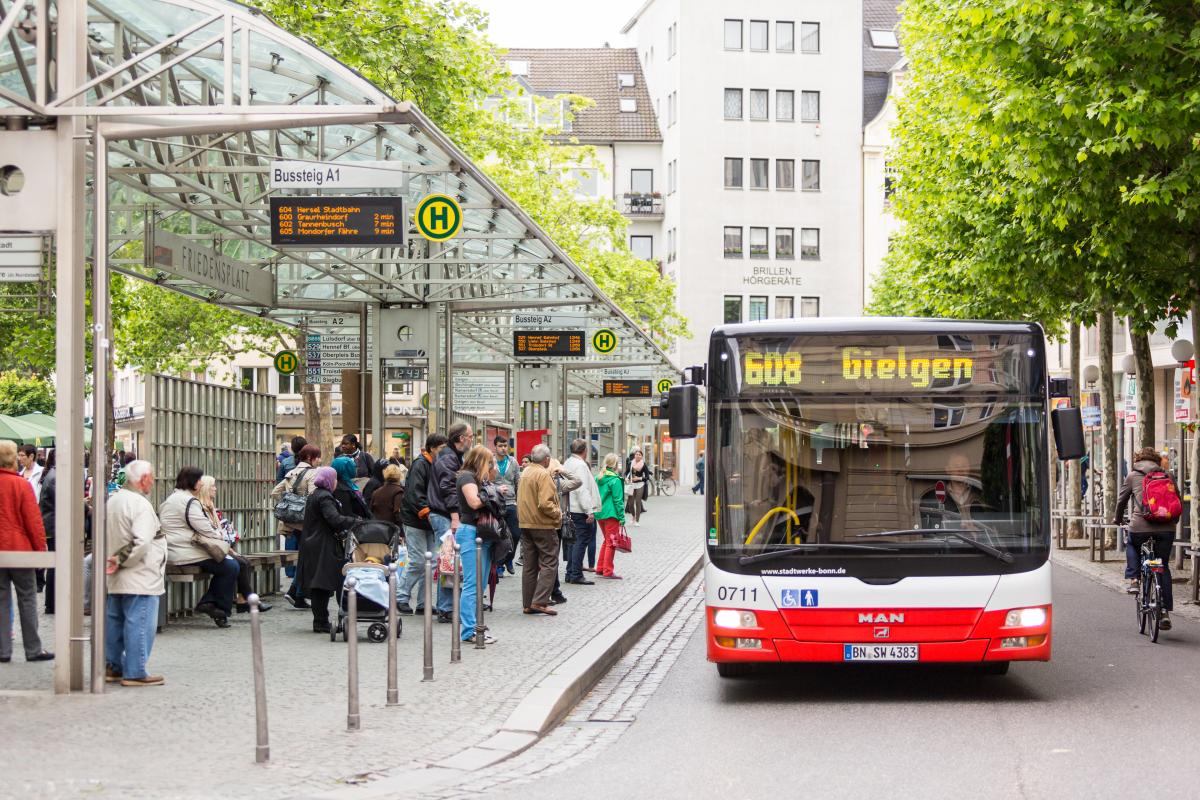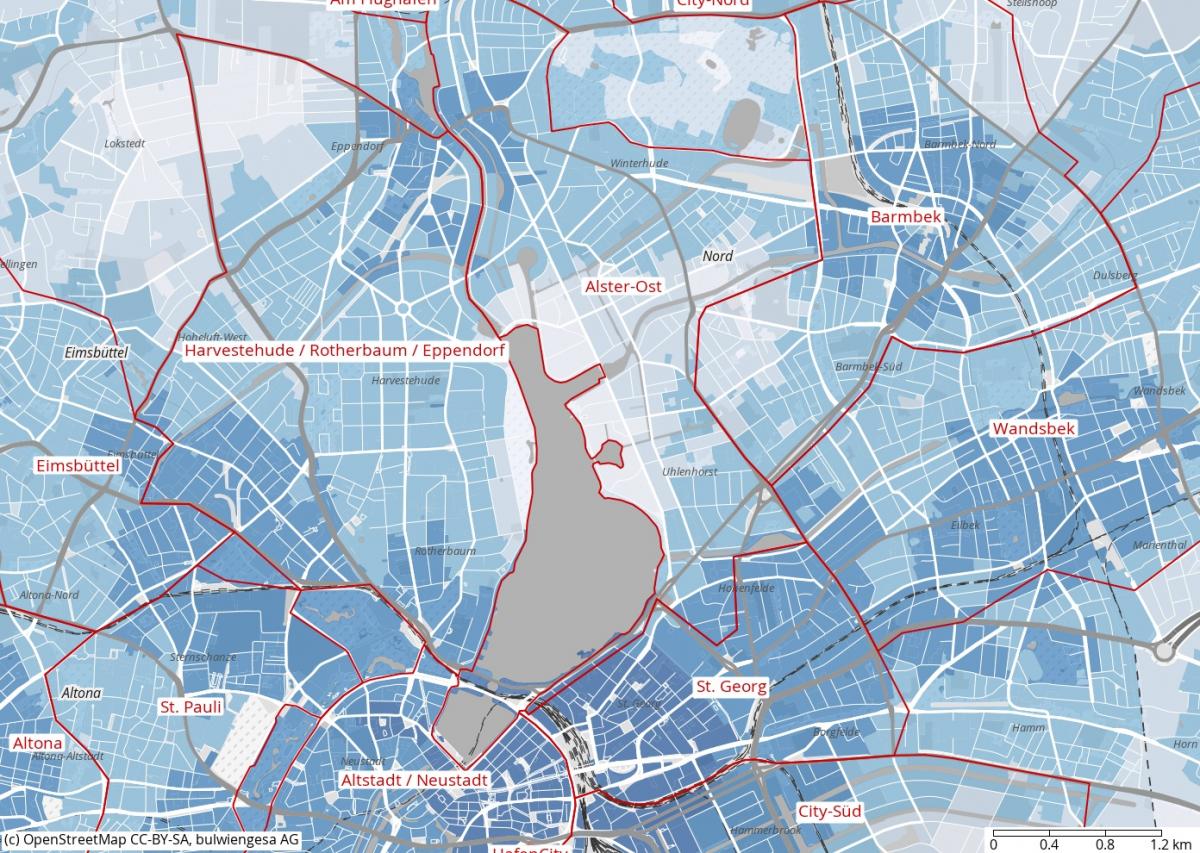Off the Beaten Track
Off the Beaten Track
Transport links and accessibility are essential, or perhaps even the most essential, location criteria to be considered when deciding for or against a given site. They also have massive financial ramifications for a given property. And this is true for virtually all types of use.
Transport links and accessibility are essential, or perhaps even the most essential, location criteria to be considered when deciding for or against a given site. They also have massive financial ramifications for a given property. And this is true for virtually all types of use.
While private flat hunters tend to wrestle with the challenges of the ambivalent search profile “quiet but easily accessible neighbourhood,” accessibility is the decisive locational factor for commercial properties.
Even on the macro-level, it is easy to see that markets with great inter-regional and international transportation access are more attractive as investment locations than others. Within the framework of the German Real Estate Score (DISco) we developed in collaboration with the BayernLB state bank, we used statistical evidence to demonstrate that the quality of the local public transport network seriously influences the choice of macro-environment. We will post a detailed write-up on the subject here on this blog soon.
Direct Relation between Poor Public Transportation System and Office Vacancies
How relevant the micro-environment becomes evident when you look at a site’s public transportation access. If you analyse office vacancies in major German cities in more detail, you will find that they correlate with accessibility by the public mass transit system. The lower the number of available stops and the lower the service frequency, the harder it is for employees to commute to a given office location – making the site less attractive for potential occupiers. The shortcoming can to some extent be compensated by an adequate supply of parking spots. But for cost reasons, this does not represent an attractive solution from a developer’s, operator’s or occupier’s point of view. It should also be borne in mind that our society’s understanding of mobility is changing rapidly.
Especially in more densely populated urban areas, private motorised transport is losing in importance. Here, the usefulness of the car is compromised by rush hour congestion and the limited availability of parking. Especially in the inner-city areas, it is losing out to existing public transportation networks or more recent offers such as car or bike sharing. With this in mind, developers love to place new-build office and retail properties in direct proximity to underground and rapid transit stations. Residential projects, by contrast, often favour second-line locations and seek to keep a “healthy” distance to noisy transport hubs. But even here, it is safe to say: Optimal accessibility is an essential locational factor and will influence the earnings and value of a property.
Location Quality for Every Place in Germany
Our RIWIS database enables us to provide micro-environment data, broken down by accessibility. This in turn makes it possible to pinpoint the location quality for every address in Germany. Our data on public transport access shows not only existing accessibility but also the quality of amenities and connectivity of a given location to the public transportation network.
You can use the data to check how accessible an office or retail site is for occupiers or customers. For residential locations, the public transport connectivity has several dimensions: How easy is it to get to work, to the town centre, to the local high street or to the railway station? Do children have a way to get to school or their social activities quickly?
The perception and importance of mobility as well as the expectations in it, will change even more rapidly in the coming years – new mobility concepts will emerge and the societal transformation increase in scope. Going forward, we will therefore keep focusing on accessibility and its significance—especially its financial one—for real estate markets and values.
Contact person: Björn Bordscheck, Head of Division Data Services at bulwiengesa, bordscheck [at] bulwiengesa.de







